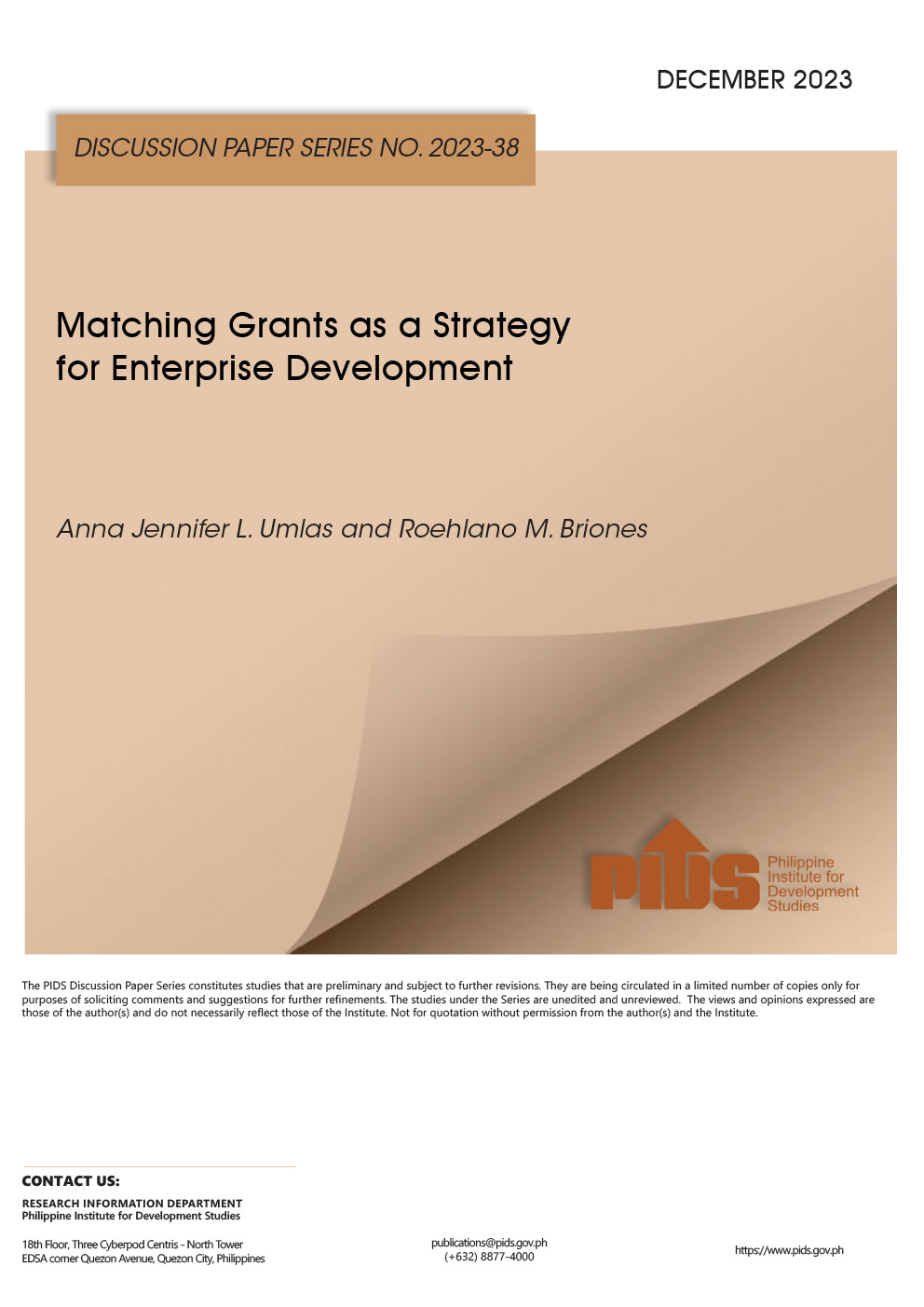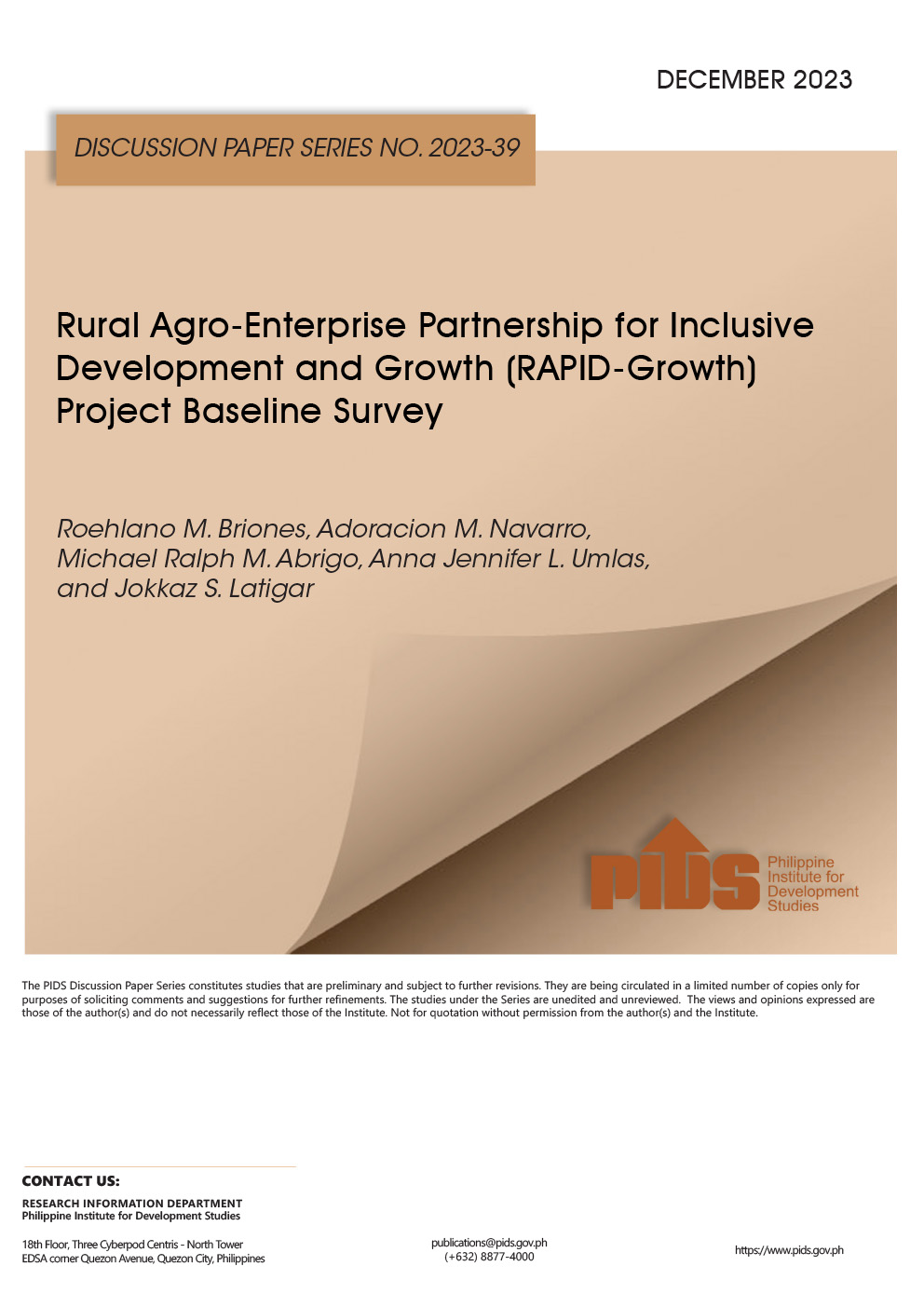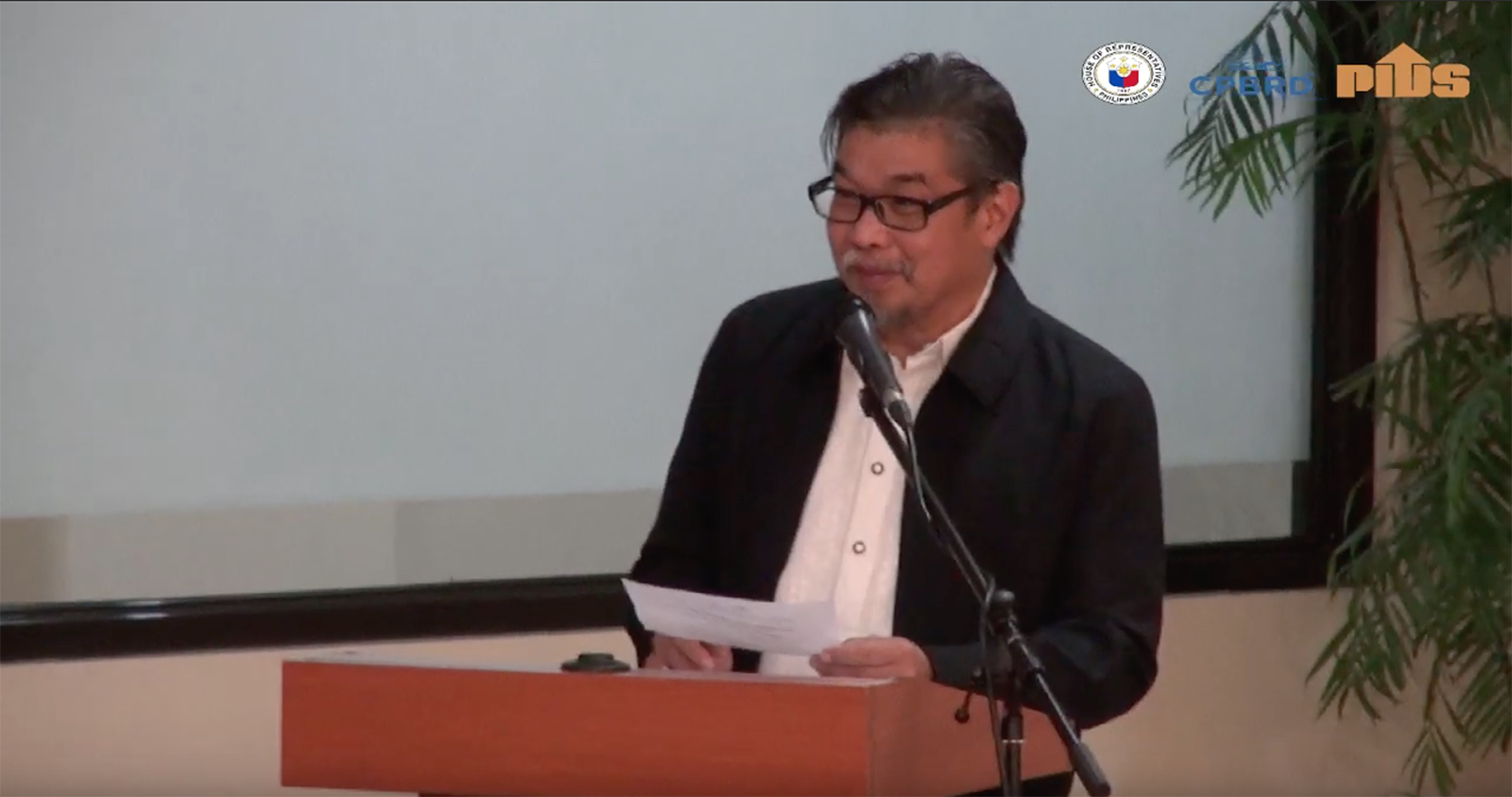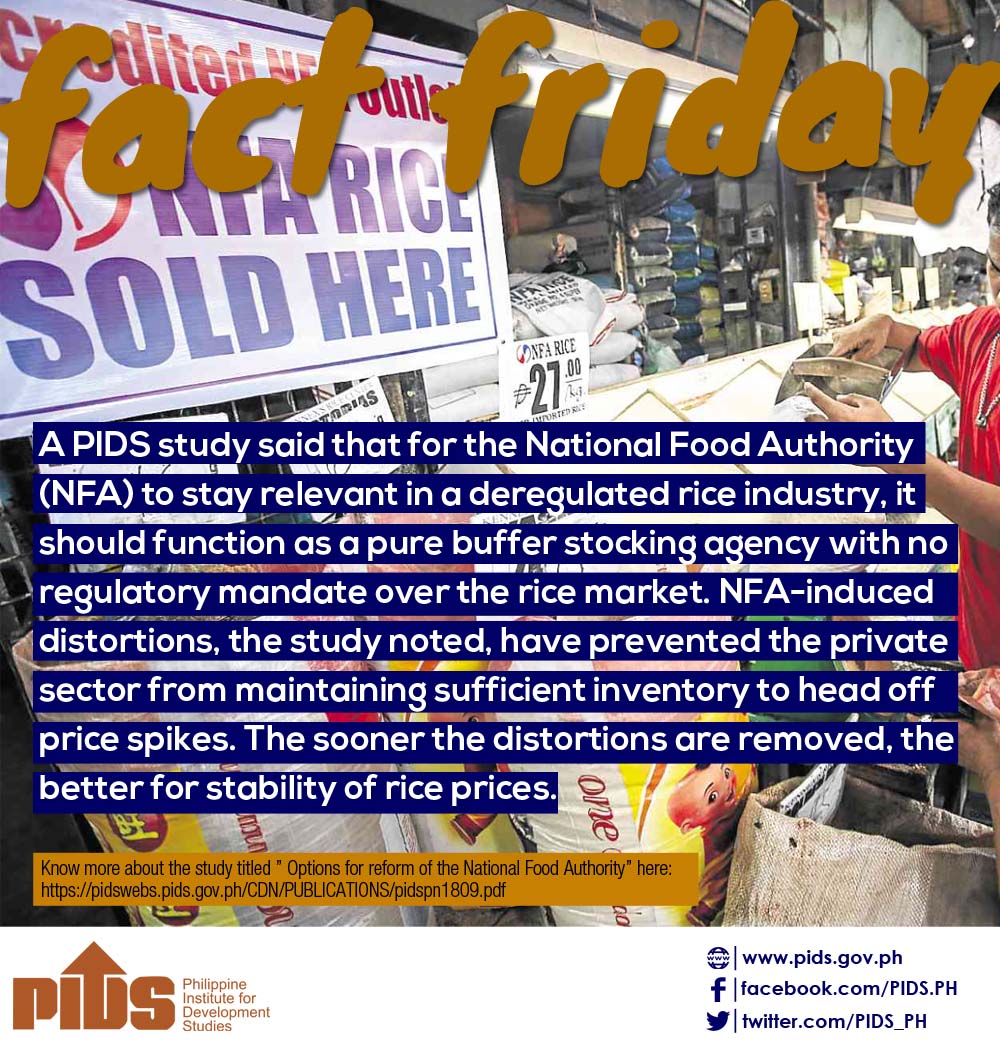Senator Cynthia A. Villar, chairwoman of the Senate Agriculture and Food Committee, on Thursday lamented the misconception being circulated to discredit the Rice TarifficationBill and to block the passage of needed support measures for local rice farmers.
Villar issued the statement after meeting at the Senate building her bicameral conference committee counterpart from the House of Representatives. The objective of the meeting was to iron out the differing provisions of their respective Rice Tariffication measures.
She expected the final form of the bill to be fleshed out in the coming days for submission by each panels to their respective legislative chambers for ratification. If ratified, an enrolled bill will be transmitted to President Duterte for enactment into law or veto.
“It is unfortunate that some groups are being made to believe that the Rice TarifficationBill, which we have scrutinized and carefully studied in the Senate, will not be beneficial to farmers. On the contrary, it includes a package of support programs that will help farmers adjust to competition under a tariffied regime,” Villar said.
Villar is the principal sponsor of Senate Bill 1998 or the bill which replaces the quantitative import restrictions on rice with tariffs, lifting the quantitative restrictions on rice, and creating the Rice Competitiveness Enhancement Fund or Rice Fund.
The Senate passed the bill on third and final reading last week and the bicameral conference committee was held Thursday. The bill has been certified as urgent by President Duterte.
“Remember, the need to impose tariff is an obligation under the World Treaty Organization (WTO) agreement, which the country entered into years back. It will be more difficult to deal with trade sanctions if we don’t abide by the agreement,” Villar pointed out.
“We will be doing our farmers a great disservice if we let them face the challenges of a tariffied system without support mechanisms in place,” she added.
Villar, a member of the Nacionalista Party (NP), also said the bill seeks to remove the factors that the Philippine Institute for Development Studies (PIDS) identified as barriers to the Filipino farmers’ competitiveness.
These are the lack of mechanization, the lack of technical know-how, the lack of financial literacy and the lack of access to cheap credit.
The Federation of Free Farmers and Centro Saka, Inc., are among the groups quoted by reports as opposed to the bill.
Villar stressed that under the bill, the excess rice tariff revenues and the P10-billion fixed appropriation for the Rice Fund shall be released to the Department of Agriculture (DA) and shall be used for providing direct financial assistance to rice farmers as compensation for the projected reduction or loss of farm income arising from the tariffication.
The bill, Villar added, is “very specific in providing preferential attention to rice farmers, cooperatives and associations adversely affected by the tariffication.”
“It is not true that the bill will allow the use of the Rice Fund to be politicized because the bill is very specific as to where the P10 billion fund and the excess rice tariff revenues will be spent,” Villar said.
Under the bill, the P10-billion Rice Fund will be allocated as follows:
• 50 percent wil go to the Philippine Center for Post Harvest Development and Modernization (PhilMech) to provide farmers with rice farm machineries and equipment;
• 30 percent will be released to the Philippine Rice Research Institute (PhilRice) to be used for the development, propagation and promotion of inbred rice seeds to rice farmers and the organization of rice farmers into seed growers associations engaged in seed production and trade;
• 10 percent will be made available in the form of credit facility with minimal interest rates and with minimum collateral requirements to rice farmers and cooperatives to be managed by the Land Bank of the Philippines and the Development Bank of the Philippines; and
• 10 percent will be set aside to fund extension services by PhilMech, Agricultural Training Institute (ATI), and the Technical Education and Skills Development Authority (TESDA) for teaching skills on rice crop production, modern rice farming techniques, seed production, farm mechanization, and knowledge/ technology transfer through farm schools nationwide.
Further, the Senate version of the Rice TarifficationBill earmarks a portion of the excess rice tariff revenues for the titling of agricultural lands, expanded crop insurance program on rice and the crop diversification program.
Villar also said the bill, if enacted into law, will provide for a more focused function for the National Food Authority (NFA) which is to buy palay from local farmers.









